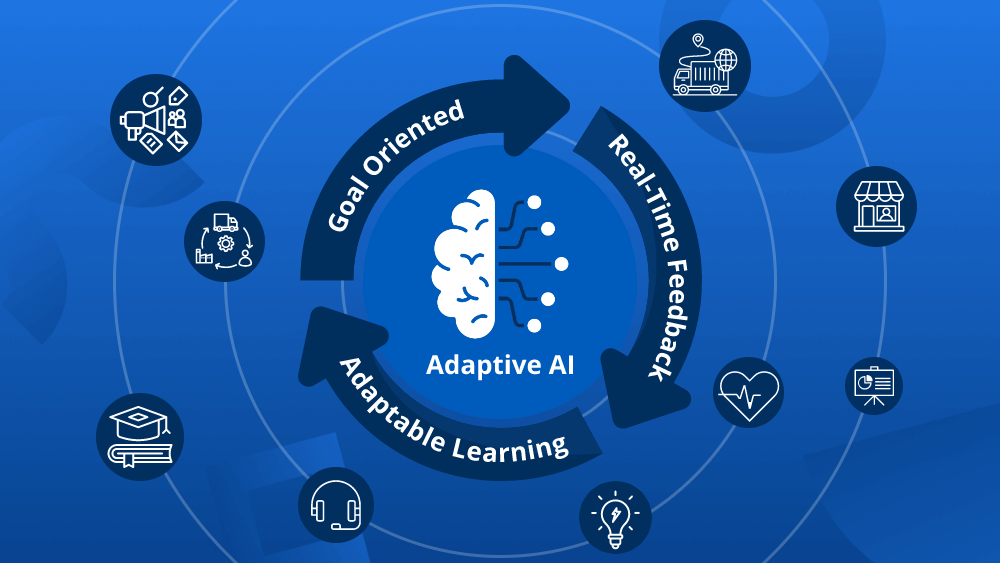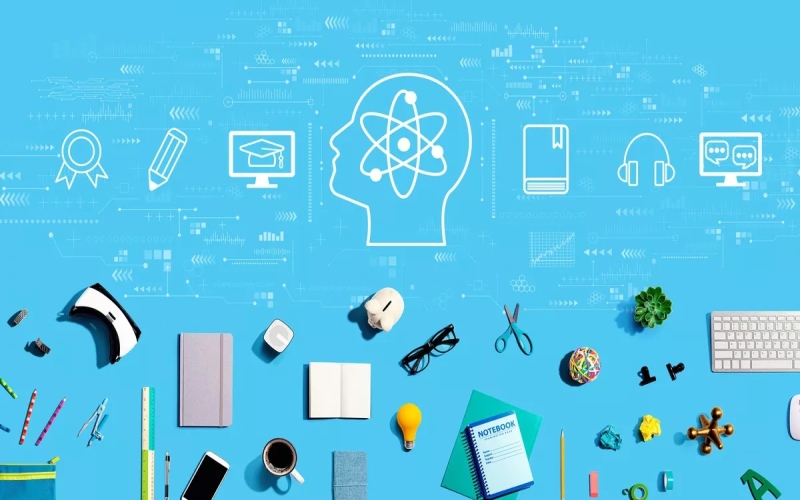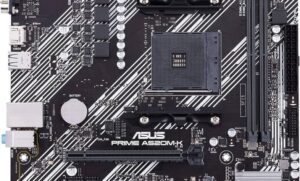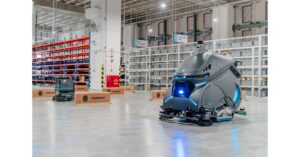Artificial intelligence (AI) has permeated many facets of our daily lives, and its integration into education is proving transformative. AI-powered adaptive learning systems are reshaping how students learn and how educators teach. These systems are designed to personalize education, making it more efficient and effective by tailoring learning experiences to individual students’ needs. This article explores the various ways AI-powered adaptive learning helps address today’s educational challenges.
What is AI-powered Adaptive Learning?
Definition
AI-powered adaptive learning is a form of education technology that uses artificial intelligence to personalize learning experiences for each student. By analyzing data on student performance, these systems adapt instructional content, resources, and activities to meet individual learning needs.
Key Components
- Data Collection: Gathering detailed information on students’ learning behaviors and performance.
- Machine Learning Algorithms: Processing data to identify patterns and predict student needs.
- Personalization Engines: Tailoring content and activities to individual learning styles and paces.
Importance of Adaptive Learning in Modern Education
Personalized Learning
Adaptive learning technologies offer a tailored educational experience, addressing the unique needs of each student. This personalized approach helps students understand concepts more deeply and retain information longer.
Enhanced Student Engagement
By providing interactive and engaging content, AI-powered adaptive learning keeps students motivated and involved in their studies. The adaptive nature ensures that students are always working at the right level of challenge.
Types of AI-powered Adaptive Learning Systems
Intelligent Tutoring Systems
These systems mimic the behavior of a human tutor by providing personalized instruction and feedback. They adjust the difficulty of problems and the type of support provided based on student performance.
Learning Management Systems
AI-enhanced Learning Management Systems (LMS) integrate adaptive learning features to offer personalized course pathways, manage learning materials, and track progress.
Predictive Analytics Platforms
These platforms use data analytics to predict student outcomes and identify those at risk of falling behind, enabling timely interventions.
Symptoms and Signs of Traditional Learning Challenges
Student Disengagement
Traditional learning environments often fail to engage all students, leading to boredom and lack of interest.
Learning Disparities
There are significant disparities in learning outcomes among students, often due to socioeconomic factors and access to resources.
Lack of Personalized Feedback
Without personalized feedback, students may not fully understand their strengths and weaknesses, hindering their academic growth.
Causes and Risk Factors in Education Today
Socioeconomic Factors
Students from lower socioeconomic backgrounds often face more significant educational challenges, including lack of access to technology and learning resources.
Technological Access
Unequal access to technology can widen the gap between students who have the tools to engage in modern learning methods and those who do not.
Curriculum Rigidities
Rigid curricula that do not accommodate individual learning styles can impede student progress and engagement.
Diagnosis and Tests in Education
Standardized Testing
Standardized tests are commonly used to assess student performance but often fail to capture individual learning needs and capabilities.
Diagnostic Assessments
These assessments identify specific learning gaps and needs, helping educators tailor their instruction more effectively.
Treatment Options with AI-powered Adaptive Learning

Personalized Learning Plans
AI systems create customized learning plans that adapt to each student’s pace and learning style, ensuring a more effective educational experience.
Real-time Feedback and Support
Adaptive learning systems provide immediate feedback, allowing students to understand mistakes and learn from them in real time.
Skill Gap Analysis
By continuously analyzing student performance, AI can identify and address skill gaps before they become significant obstacles to learning.
Preventive Measures through Adaptive Learning
Early Intervention
Adaptive learning systems can detect early signs of learning difficulties, allowing for timely interventions that can prevent long-term academic issues.
Continuous Monitoring
Ongoing assessment and monitoring ensure that any emerging learning challenges are promptly addressed.
Personal Stories and Case Studies
Success Stories from Schools
Several schools have reported significant improvements in student performance and engagement after implementing AI-powered adaptive learning systems.
Testimonials from Students and Educators
Students and educators alike have shared positive feedback on the impact of personalized learning, highlighting increased motivation and understanding.
Expert Insights
Quotes from Educational Technologists
“AI-powered adaptive learning is revolutionizing education by making it more personalized and accessible to all students.” – Dr. Jane Smith, Educational Technologist
Academic Research Findings
Studies have shown that adaptive learning technologies can significantly improve student outcomes by providing tailored educational experiences.
Conclusion
Summary of Key Points
AI-powered adaptive learning addresses many of the challenges faced by modern education by providing personalized, engaging, and effective learning experiences.
Call to Action for Further Education
Educators and policymakers should explore and invest in adaptive learning technologies to enhance educational outcomes and ensure every student has the opportunity to succeed.







Be First to Comment